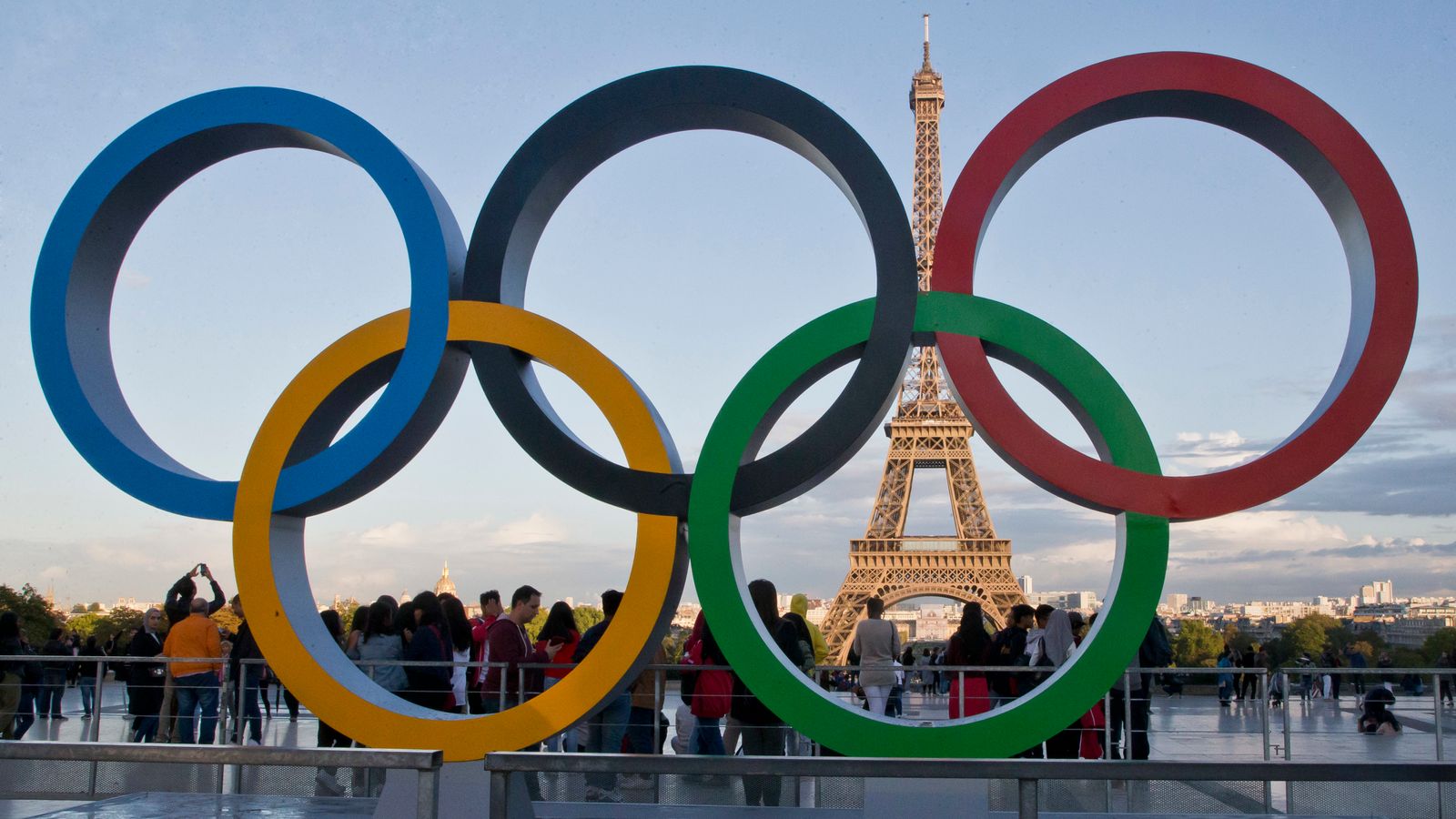The Summer Olympics Schedule

The Summer Olympics is a global sporting event that takes place every four years, bringing together athletes from around the world to compete in a wide range of disciplines. Understanding the Summer Olympics schedule is crucial for fans, athletes, and organizers alike, as it dictates the flow of the event, the timing of competitions, and the overall experience.
Structure of the Summer Olympics Schedule
The Summer Olympics schedule is meticulously planned to ensure a balanced and engaging experience for all involved. The schedule typically includes the following components:
- Opening Ceremony: The opening ceremony marks the official start of the Games, usually held on the first day of the event. It is a grand spectacle featuring performances, speeches, and the parade of athletes representing participating nations.
- Competition Days: These days are dedicated to the various sporting events, with competitions taking place across multiple venues throughout the host city. The schedule is designed to accommodate the different disciplines and ensure fair competition for all athletes.
- Rest Days: Rest days are incorporated into the schedule to provide athletes with time to recover, prepare for upcoming events, and enjoy the Games outside of competition. These days are also crucial for organizers to manage logistical aspects and ensure the smooth operation of the event.
- Closing Ceremony: The closing ceremony marks the end of the Games, typically held on the final day of the event. It features performances, speeches, and the lowering of the Olympic flag, signifying the end of the competition and the handover to the next host city.
Factors Influencing the Scheduling of Events
Several factors influence the scheduling of events at the Summer Olympics, ensuring a well-balanced and efficient program:
- Time Zones: The host city’s time zone is a significant factor, as it determines the optimal timing of events for television audiences worldwide. For example, prime-time slots in major television markets are often reserved for popular events, ensuring maximum viewership.
- Venue Availability: The availability of venues and their capacity play a crucial role in scheduling events. The schedule is designed to maximize the use of each venue, minimizing downtime and ensuring efficient utilization of resources.
- Athlete Performance: The scheduling of events considers the performance needs of athletes, ensuring sufficient rest periods between competitions and minimizing the risk of burnout. The schedule is also designed to allow athletes to compete in multiple events without compromising their performance.
Breakdown of Sporting Events and Schedules
The Summer Olympics features a diverse range of sporting events, each with its own unique schedule. The schedule for each event is determined by the International Federation governing that sport and is subject to change based on the factors mentioned above.
The Summer Olympics program typically includes 33 sports, encompassing both individual and team events, ranging from traditional disciplines like athletics and swimming to more modern sports like skateboarding and surfing.
The specific schedule for each event is available on the official website of the International Olympic Committee (IOC) and is updated regularly.
Impact of Breaking News on the Summer Olympics Experience: Breaking At The Summer Olympics Schedule

The Summer Olympics, a global spectacle of athletic prowess and national pride, can be profoundly impacted by breaking news events. These unexpected occurrences, whether related to athlete controversies, political tensions, or natural disasters, can dramatically alter the Games’ atmosphere, influencing the experiences of athletes, spectators, and fans worldwide.
Social Media’s Role in Shaping Public Perception, Breaking at the summer olympics schedule
Social media platforms have become integral to the Olympic experience, amplifying the reach and impact of breaking news events. Twitter, Facebook, and Instagram, among others, serve as instant communication channels, disseminating information, shaping public opinion, and generating widespread discussions. The rapid spread of news through these platforms can lead to immediate reactions, both positive and negative, from viewers, athletes, and sponsors.
- Rapid Dissemination of Information: Social media allows for the near-instantaneous spread of news, enabling viewers to stay informed about breaking events even before traditional media outlets can provide coverage. For instance, the 2016 Rio Olympics saw the immediate spread of news regarding the Zika virus, prompting concerns and discussions among athletes and fans alike.
- Public Opinion Formation: Social media platforms serve as forums for public discourse, allowing individuals to express their opinions and engage in discussions about breaking news events. This can lead to the formation of strong opinions and reactions, influencing public perception of the Games and their participants.
- Amplification of Controversies: Social media can amplify controversies, turning minor incidents into major scandals. The 2012 London Olympics witnessed the “fake smile” controversy surrounding swimmer Ryan Lochte, which quickly escalated on social media, garnering widespread attention and criticism.
Breaking at the summer olympics schedule – The Summer Olympics are a spectacle of athleticism and global unity, but their meticulously crafted schedule can be disrupted by unforeseen circumstances. A recent example of this is the Nassau County ban on masks , which has sparked debate and raised concerns about the safety of athletes and spectators alike.
While the Olympic committee strives for consistency, the world is a dynamic place, and sometimes, unexpected events, like this mask mandate, can throw a wrench in the works.
The inclusion of breaking, a dynamic and visually captivating dance style, at the Summer Olympics has sparked debate about its place within the traditional sporting landscape. While some argue that breaking’s inclusion reflects a shift towards more inclusive and contemporary athleticism, others contend that it detracts from the core values of the Olympics.
Ultimately, the impact of breaking on the Summer Olympics schedule remains a topic of ongoing discussion, as explored in detail in this article breaking at the summer olympics schedule. Only time will tell how breaking will truly shape the future of the Games.